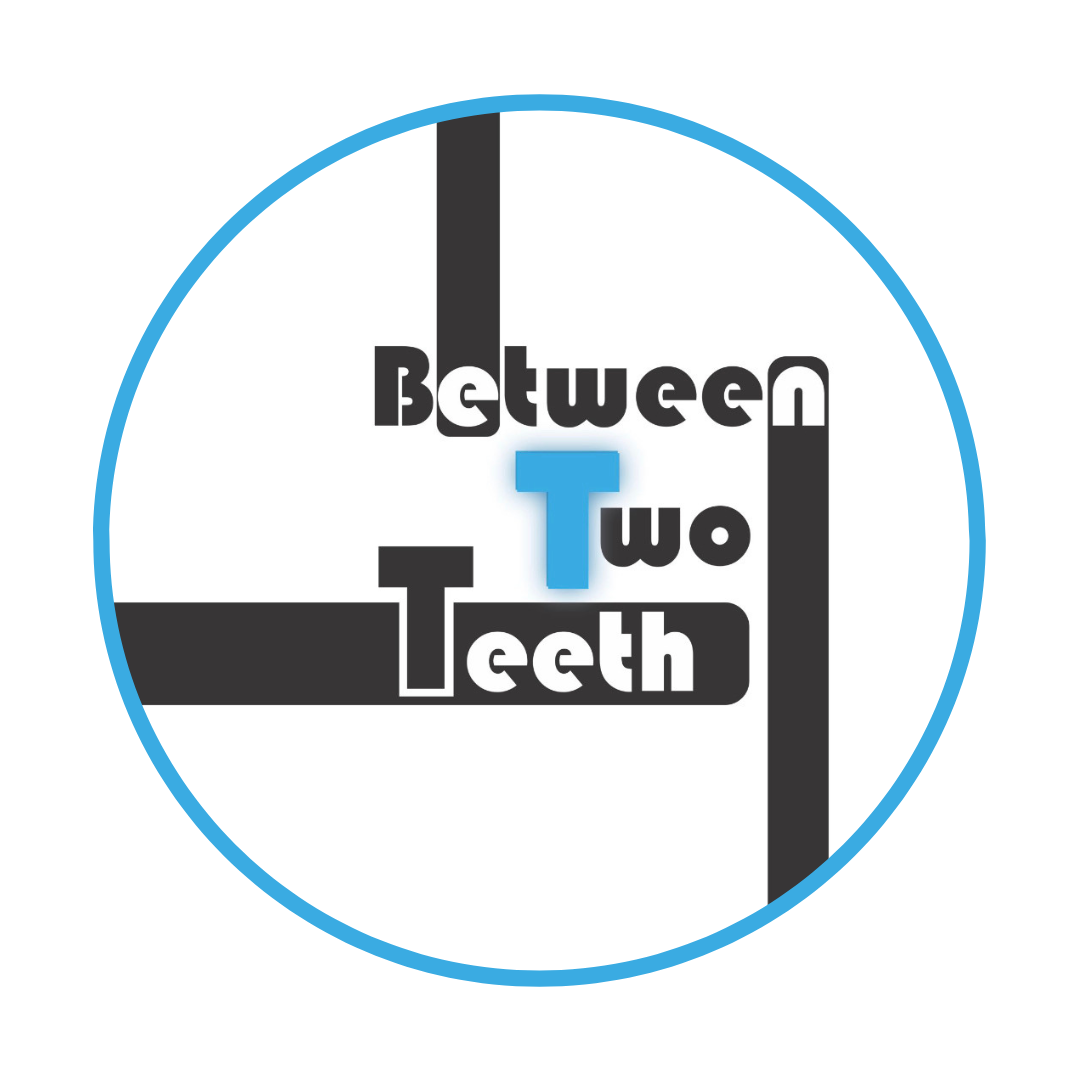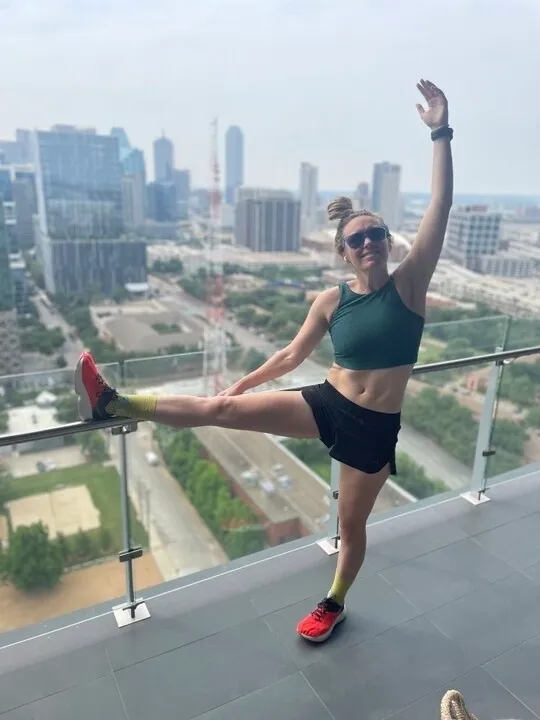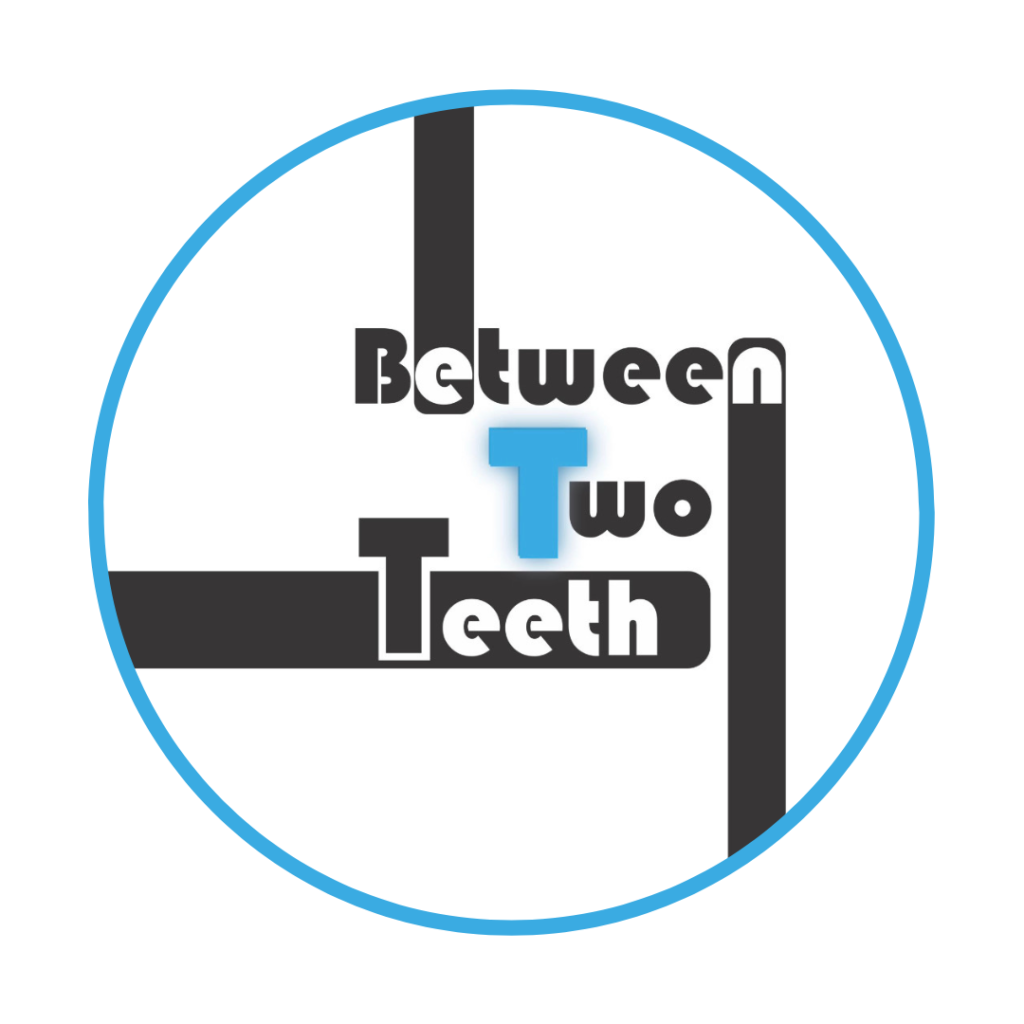According to the Oxford Dictionary, ‘Well-being, is considered ‘general health and happiness, a state of emotional/physical/psychological well-being’. It is also noted to be more personal and broad than wellness and reflect a life well-lived.
Trying to achieve a steady state of well-being can be challenging. We have lives filled with ambitions, challenges, families, and friends. Not to mention the rare moments in our days for ourselves. Attempting to achieve a state of balance or well-being is daunting. Especially with triggering content available so readily on social media platforms. Are the people in your community, experiencing collective well-being, are you?
I want to highlight well-being experiences with three major groups of healthcare providers that demonstrate there is much work to be done.
01. Guatemala Mission Trip. Cohort of 50 dentists + dental students. 10days.
This trip was impactful because of the dental students who shared personal stories of addiction, failure, and loneliness with our group. Their testimony was a wake up call for me about the power of negative coping mechanisms that plague students of all ages. Adults in their 20s and 30s grappling with stress, anxiety and unresolved childhood wounds. We don’t learn how to cope after we graduate, our learned habits originate far before. I also learned about vulnerability and safe spaces when it comes to dealing with psychological and emotional wellbeing. Quite frankly, something I didn’t experience until this mission trip. For the first time in my life, I asked myself am I well, are my friends and family well?
02. Integrative Medicine Fellowship. Cohort of 100 physicians. 2 years.
During COVID, I started a 2 year fellowship through the University of Arizona School of Medicine. The first four months of the fellowship were spent researching provider wellness. In other words: healing the healer. My classmates were mostly established physicians in our group aged 30 through 60 years old, looking for something. Something beyond medicine. This group taught me that providers at any age can succumb to feelings of self-doubt, burn-out and depression. This group was unique in that we all felt like outliers, people on the fringe of medicine or who did not quite fit the mold. Through open dialogue and story telling, our group began to heal each other. I experienced and observed healing through empathy. As humans, we are creatures of community. We found community in this style of healing that led to our personal and group’s well-being. A strong sense of peace and belonging radiated with this group.
03. Harvard Surgical Leadership Program. Cohort of 120 surgeons. 1 year.
In this final example, I was part of a rather unique, aspiring set of individuals. This program attracted the ambitious, the seekers. Several decorated surgeons from all over the world. The mission? To create transformative change across our hospitals, specialties, and niche-centered communities. We all took step towards that type of change through our capstone projects. The social observations, were interesting as well. This particular group was impressive in their accomplishments. Decorated careers and an insatiable desire to self-improve and seek higher achievement. However, I started to see our group’s struggle – not only professionally but with family as well. Communication and relationships were problematic and challenging. Almost a second language with no safe spaces guarenteed. I started to ask myself, is well-being at odds with ambition and power?
Through these experiences, I’ve been a participant and observer of groups showcasing a variety of healthcare providers, in all stages of their careers and from all over the world. We all were looking for change. What some realized is what they really were looking for was healing. Healing in our relationships with others and ourselves. I heard several stories fraught with episodes of depression, loneliness, and anxiety from students in their early 20s all the way to well experienced program directors and CEOs in their 60s.
The conversation on well-being needs to continue, to adapt and change. As healthcare providers, we are some of the most un-well people. We talk about a well-lived life on our YouTube channel ‘Between Two Teeth’. In a chat with the American Dental Association president, Dr. George Shepley discussed that we can not take care of others if we do not take care of ourselves.
The time for change is now and it starts with you. Will you take steps towards helping a colleague, friend or family member? More importantly what changes, big or small, are you willing to make in your life to live a life of well-being. Commit to change, commit to a life of well-being, a life well-lived.
Check out the B2Teeth episode and some of our other favorite podcasts!


